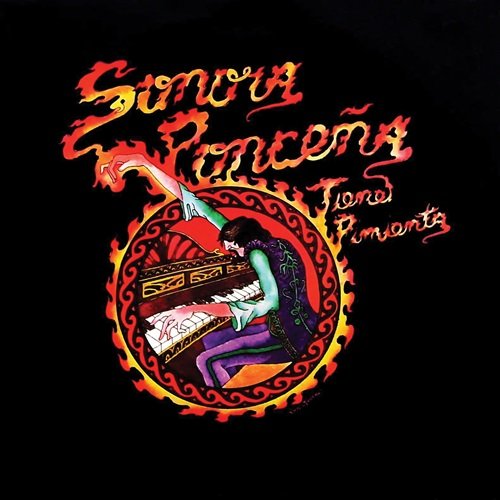Irena Grafenauer, Gidon Kremer, Veronika Hagen, Clemens Hagen - Mozart: Quartets (1995)
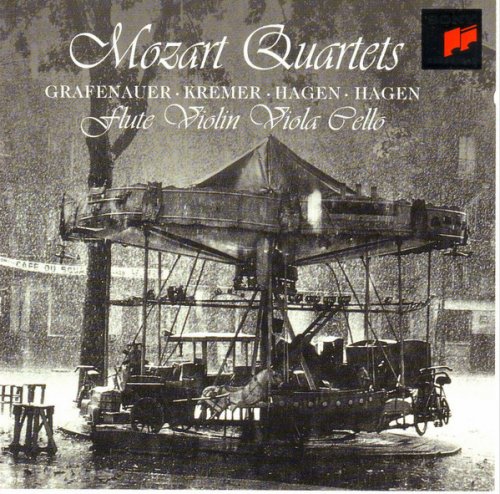
Artist: Irena Grafenauer, Gidon Kremer, Veronika Hagen, Clemens Hagen
Title: Mozart: Quartets
Year Of Release: 1995
Label: Sony Classical
Genre: Classical
Quality: FLAC (image+.cue,log)
Total Time: 55:10
Total Size: 267 Mb
WebSite: Album Preview
Tracklist: Title: Mozart: Quartets
Year Of Release: 1995
Label: Sony Classical
Genre: Classical
Quality: FLAC (image+.cue,log)
Total Time: 55:10
Total Size: 267 Mb
WebSite: Album Preview
Quartet in D major, K. 285
1. I. Allegro
2. II. Adagio
3. III. Rondeau
Quartet in C major, K. 285b (Anh. 171)
4. I. Allegro
5. II. Thema. Andantino - Var. I-VI
Quartet in G major, K. 285a
6. I. Andante
7. II. Tempo di Menuetto
Quartet in A major, K. 298
8. I. Thema. Andante - Var. I-IV
9. II. Menuetto - Trio
10. III. Rondeau. Allegretto grazioso
Performers:
Irena Grafenauer, Flute
Gidon Kremer, Violin
Veronika Hagen, Viola
Clemens Hagen, Violoncello
Though Mozart claimed to dislike the flute, he wrote for it with skill and these quartets, written between 1777 and 1787, are not pot-boilers – pace the late Hans Keller, who wrote that they “show Mozart’s hate for the instrument”, but didn’t bother to explain how.
These players, two from the Hagen Quartet, are big names, Gidon Kremer’s not least, and play well as an ensemble, the excellent flautist performing with authority but not overbearingly. Indeed, they give the music love, which entirely redeems some inevitable conventionalities, as for example in the C major with its rather obvious melody and harmony – even Mozart didn’t write a towering masterpiece every day. Try the Adagio of the D major to hear an Elysian beauty that owes something to Gluck and may well bring you close to tears; its happy finale, too, sings as well as dances. The recording helps here: it is admirably clear and balanced yet also offers space and atmosphere.
These are not long works, particularly as those in C major and G major are in just two movements, the second ones being a set of variations and a minuet respectively. The G major is the shortest piece at some 11 minutes, but its slightly edgy Minuet has enough individuality to counter any resulting lightweightedness. The A major begins with a theme and four variations, and though the tune is rather ordinarily rococo the variations bring out the three string players one by one. The best movement here is the playfully good-natured final Rondeau.
These players, two from the Hagen Quartet, are big names, Gidon Kremer’s not least, and play well as an ensemble, the excellent flautist performing with authority but not overbearingly. Indeed, they give the music love, which entirely redeems some inevitable conventionalities, as for example in the C major with its rather obvious melody and harmony – even Mozart didn’t write a towering masterpiece every day. Try the Adagio of the D major to hear an Elysian beauty that owes something to Gluck and may well bring you close to tears; its happy finale, too, sings as well as dances. The recording helps here: it is admirably clear and balanced yet also offers space and atmosphere.
These are not long works, particularly as those in C major and G major are in just two movements, the second ones being a set of variations and a minuet respectively. The G major is the shortest piece at some 11 minutes, but its slightly edgy Minuet has enough individuality to counter any resulting lightweightedness. The A major begins with a theme and four variations, and though the tune is rather ordinarily rococo the variations bring out the three string players one by one. The best movement here is the playfully good-natured final Rondeau.
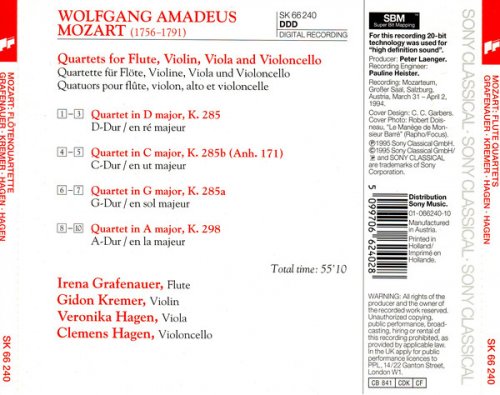
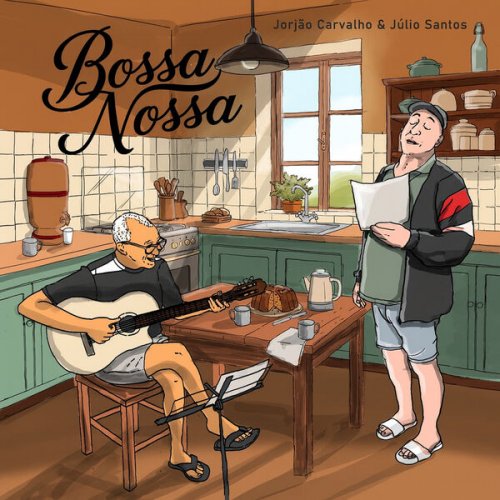
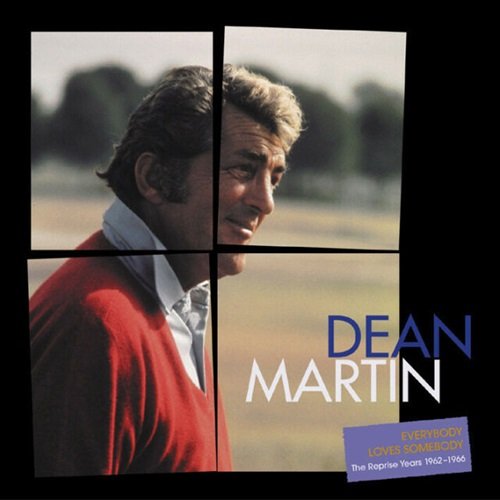

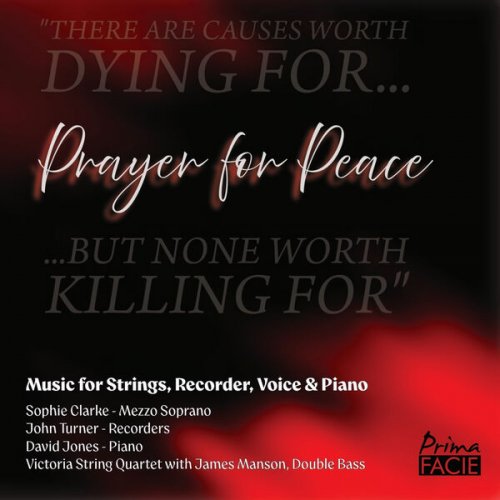
![Nectar Woode - Live at Village Underground (Live At Village Underground) (2025) [Hi-Res] Nectar Woode - Live at Village Underground (Live At Village Underground) (2025) [Hi-Res]](https://img.israbox.com/img/2025-12/15/eiazyx7yigt2lhbv1tcd3eos6.jpg)
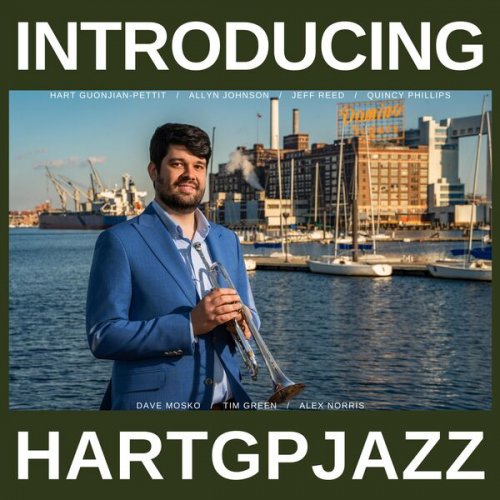
![Tomasz Stańko, Tomasz Szukalski, Dave Holland & Edward Vesala - Balladyna (1976/2025) [Hi-Res] Tomasz Stańko, Tomasz Szukalski, Dave Holland & Edward Vesala - Balladyna (1976/2025) [Hi-Res]](https://www.dibpic.com/uploads/posts/2025-12/1765717548_cover.jpg)

